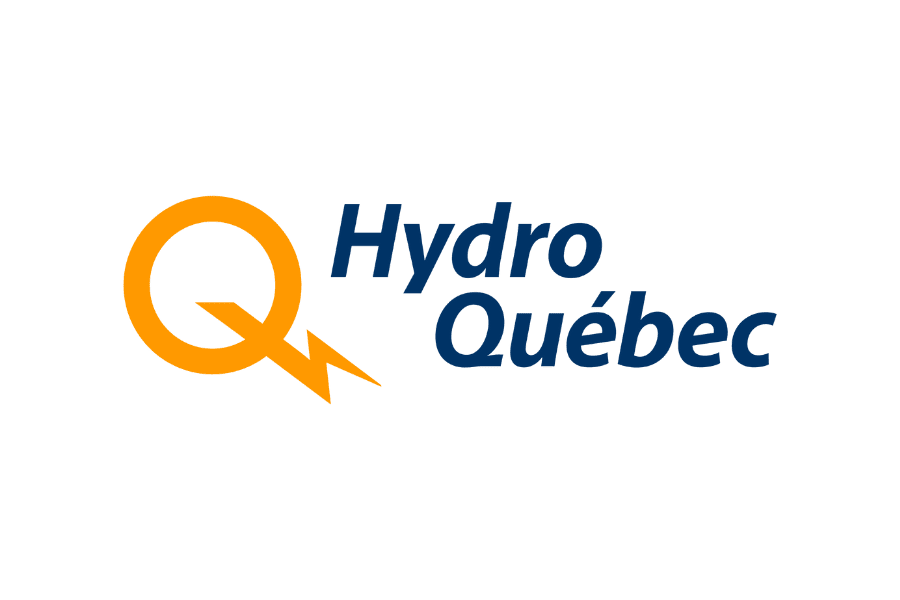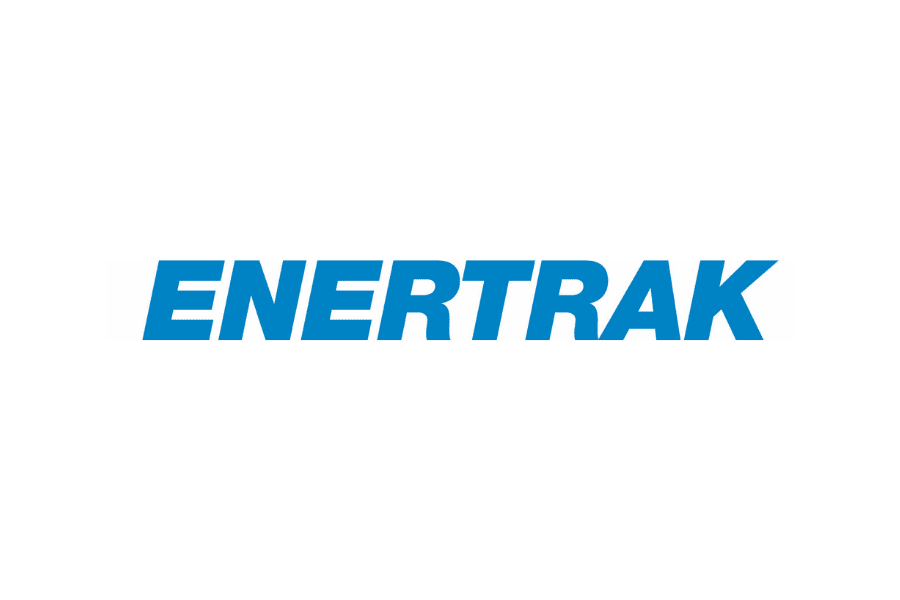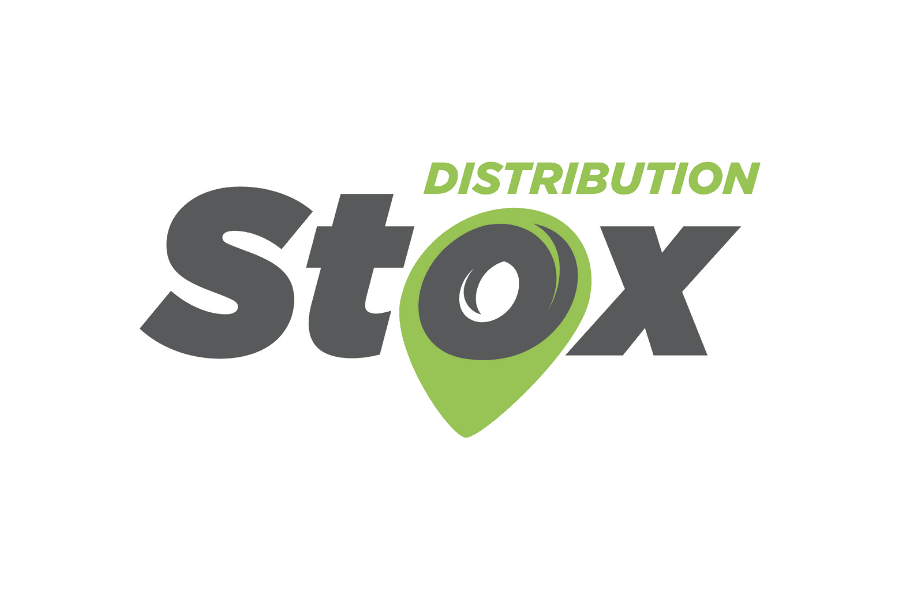Best prevention practices to protect your data from ransomware
Imagine trying to access your servers one morning only to find every company file locked. A message appears: your data has been encrypted. Pay a ransom to get the decryption keys. That’s exactly what a ransomware attack does.
Ransomware now ranks among the biggest threats facing Canadian organizations, whether in industry or commerce. Let’s take a look together at the best practices to strengthen your protection against ransomware with advanced cybersecurity solutions and reduce the damage these attacks can cause.
Understanding What Ransomware Is
A ransomware attack uses malicious software to block access to your files or systems. Cybercriminals demand payment in exchange for decryption keys that supposedly restore your data. These attacks often cause severe damage—lost productivity, damaged reputation, and major financial losses. Industrial and commercial organizations are frequent targets because they rely heavily on continuous access to sensitive systems and data.
How a Ransomware Attack Spreads
Emails and Phishing
Hackers use phishing to trick users into clicking infected links or attachments. One wrong click can compromise an entire organization’s data.
Weak Remote Access
Attackers exploit vulnerabilities in remote access tools like RDP. Without strong protection, your servers become an open door.
Outdated Software
Delaying software updates leaves openings that cybercriminals exploit to install ransomware and take control of systems.
Supply Chain Vulnerabilities
Threats can come through third-party vendors or partners with weak security. Attacks through supply chains are increasingly common.
Why Ransomware Poses Such a Major Threat
A ransomware attack does more than block files. It can shut down production systems, destroy customer trust, and slow digital transformation. Protecting sensitive data has become a strategic priority. Ignoring cybersecurity best practices gives hackers more opportunities to exploit your network and steal your data.
Best Practices to Protect Against Ransomware
If you want to safeguard your business, follow these essential cybersecurity practices:
Build a Strong Backup Strategy
Backups are your best defence. Follow the 3-2-1 rule: three copies of your data, on two different media, with one stored offline. Test backups regularly to ensure you can restore data quickly after an attack.
Keep Systems Up to Date
Apply security patches as soon as they’re released. Hackers often target outdated software to install ransomware and freeze systems.
Use Network Segmentation to Limit Damage
Separate critical systems and sensitive environments. A well-structured network limits how far ransomware can spread.
Control Access and Apply Least Privilege
Each user should only have access to what’s necessary for their role. Restricting permissions encourages better habits and minimizes risk.
Train and Educate Employees
Employees are your first line of defence. Regularly train them to recognize phishing attempts and report suspicious behaviour immediately.
Deploy Advanced Protection Tools
Use next-generation antivirus, EDR solutions, and advanced firewalls. These tools detect threats before ransomware can lock your systems.
Monitor and Detect Unusual Activity
Watch for warning signs, sudden spikes in activity, unusual logins, or abnormal file transfers. Understanding how cybercriminals operate helps you stay ahead of them.
Secure Remote Access
Use a strong VPN and multi-factor authentication to protect remote connections. Without them, RDP-based ransomware attacks remain a serious risk.
What to Do If a Ransomware Attack Occurs
Even with strong protection, no system is completely safe. If hackers manage to encrypt your files, follow these steps to limit the impact:
Isolate Infected Systems Immediately
Disconnect compromised devices right away to stop the ransomware from spreading.
Assess the Extent of the Attack
Determine which systems and files are affected. This step helps you plan recovery actions effectively.
Restore Data from Backups
Reliable, tested backups allow you to recover data safely without paying the criminals.
Never Pay the Ransom
Paying doesn’t guarantee that you’ll get your files back. Hackers may demand more money or disappear entirely.
Communicate and Strengthen Security
Inform your partners, update your teams, and implement stronger measures to prevent another incident.
Industrial and Commercial Organizations: A Higher Risk
Organizations in the industrial and commercial sectors often use a hybrid cloud environment to manage their critical systems, which increases the need for strong security and network segmentation. A ransomware attack in these environments can cost millions in downtime and lost productivity. You need security solutions tailored to your sector. At Lognet, we help businesses like yours strengthen their defences and reduce the impact of attacks through customized protection services. Contact us to learn how to reinforce your cybersecurity strategy.
Cybersecurity Best Practices to Adopt Now
– Regular, verified backups
– Strict user access management
– Fast software and patch updates
– Network segmentation and active monitoring
– Ongoing employee training and phishing simulations
– Advanced malware protection tools
Following these practices greatly reduces the risk of infection and strengthens your defences against ransomware.
Why Work with Lognet to Strengthen Your Protection?
Every business faces different threats, so we tailor our cybersecurity solutions to your specific needs. Our experts help you understand the latest attack methods, choose the best prevention practices, and protect the sensitive data that drives your operations.
We help you:
- Identify vulnerabilities in your systems
- Deploy ransomware protection solutions
- Encourage users to adopt safer behaviours
- Build reliable backup and recovery plans
- Minimize the damage from future attacks
Ransomware Prevention and Business Continuity
Strong ransomware prevention keeps your operations secure and resilient. By applying the right measures from data backup management to employee training, you reduce the risk of attacks and limit potential damage. At Lognet, we help you implement effective protection strategies that secure your files, strengthen your systems, and ensure your business stays one step ahead of cybercriminals.






